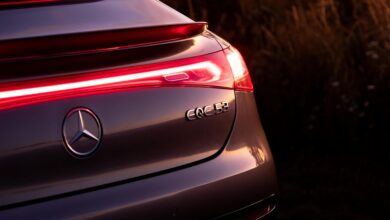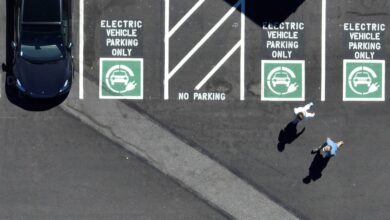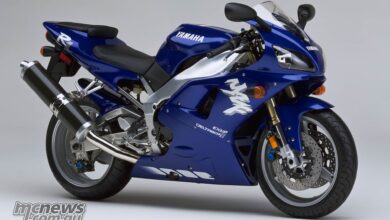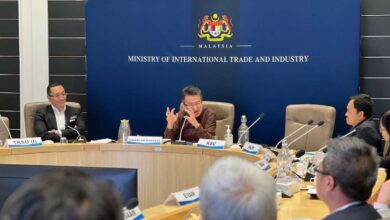China’s electric vehicle export boom increases demand for new car carriers
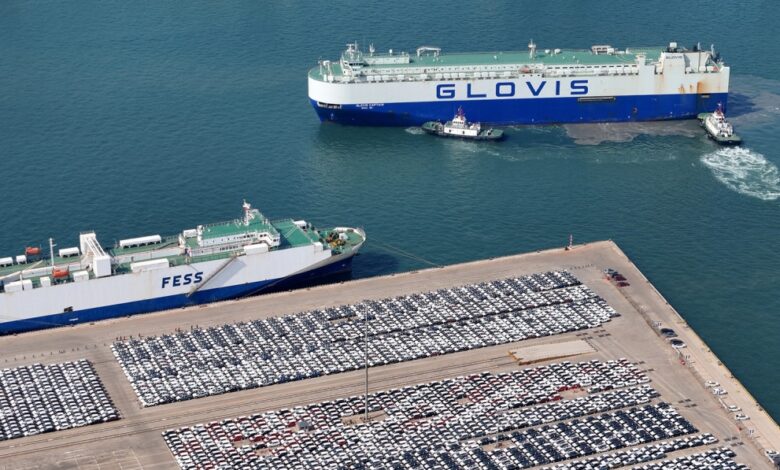
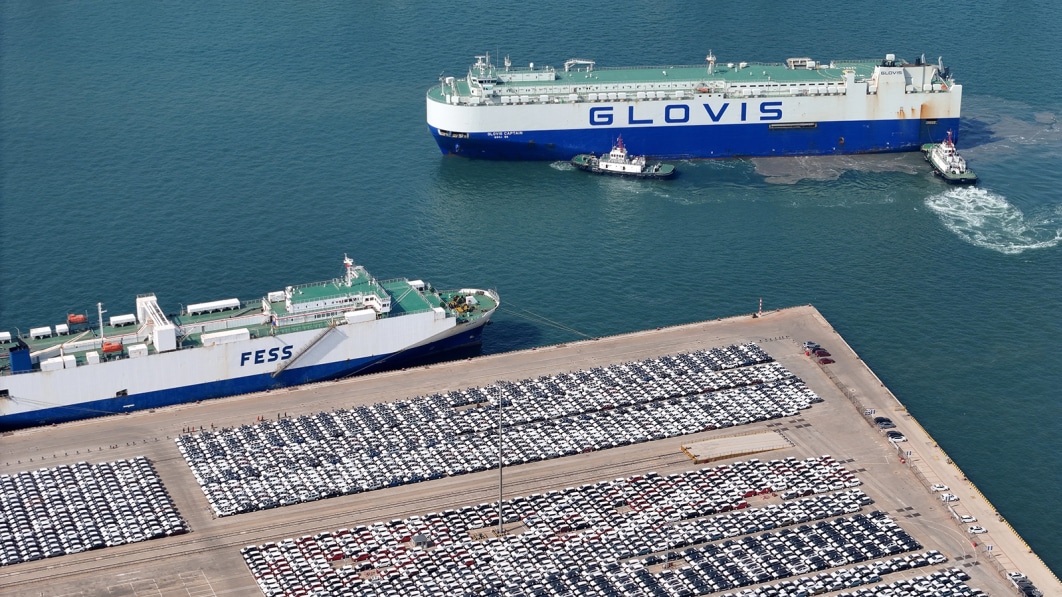
BEIJING/SHANGHAI – Data shows Chinese automakers and shippers are ordering record numbers of car carriers to support an electric vehicle export boom China is on track to build the world’s fourth largest fleet by 2028.
Data from shipping consulting firm Veson Nautical shows that China now has the world’s eighth largest fleet with 33 car-carrying ships. Japan has the largest number of ships in the world with 283 ships, followed by 102 from Norway, 72 from Korea and 61 from the Isle of Man.
But Chinese companies have 47 ships on order, accounting for a quarter of the total global orders. Buyers include SAIC Motor, Chery Automobile and electric vehicle giant BYD, as well as shippers such as COSCO and China Merchants on behalf of Chinese automakers.
“After this fleet was transferred to China, the Chinese took control car carrier “We expect to see new trade routes established almost exclusively for Chinese OEMs (automotive manufacturers),” said Veson analyst Andrea de Luca.
The data shows that the surge in orders mainly benefits Chinese shipyards, which receive 82% of global orders.
With price competition, cost-conscious consumers and a sluggish economy, automakers have increasingly expanded into markets where their vehicles command higher prices than at home. Last year, China surpassed Japan to become the largest auto exporter.
BYD alone will export more than 240,000 cars in 2023, accounting for about 8% of global sales, and plans to export up to 400,000 cars this year.
Foreign colleagues such as Tesla And Volkswagen has also expanded production in China for export to take advantage of the country’s cost-effective supply chain.
Rising shipping costs and local government support have convinced automakers to buy their own ships. By the end of 2023, the daily rental rate for a 6,500-vehicle carrier reached $115,000, more than seven times the 2019 average, according to data from transportation consulting firm Clarkson.
But the surge in exports has prompted the US and EU to accuse China of trying to solve industrial overcapacity by flooding their markets with cheap products.
The government says the focus on capacity is misguided and that it undervalues innovation and exaggerates the supporting role of the state in driving growth.
Senior economist Xu Tianchen at the Economist Intelligence Unit said the risk of overcapacity is also high in the shipbuilding industry, of which China is often the target of criticism.
However, “there are still some niches where the market may not be saturated, such as car freight trains,” Xu said.
US Treasury Secretary Janet Yellen raised concerns about overcapacity during a four-day trip to China. Meanwhile, Chinese Minister of Commerce Wang Wentao is visiting Europe, where he is likely to discuss the European Commission’s investigation into whether Chinese-made electric vehicles are unfairly benefiting. from subsidies or not.
